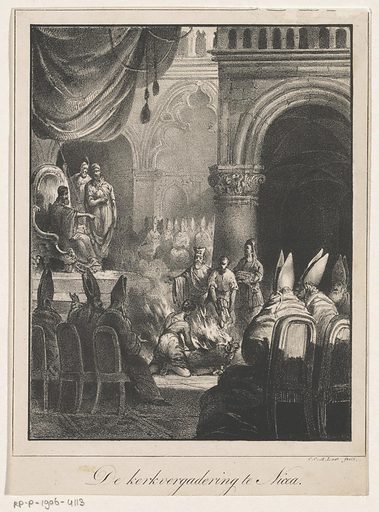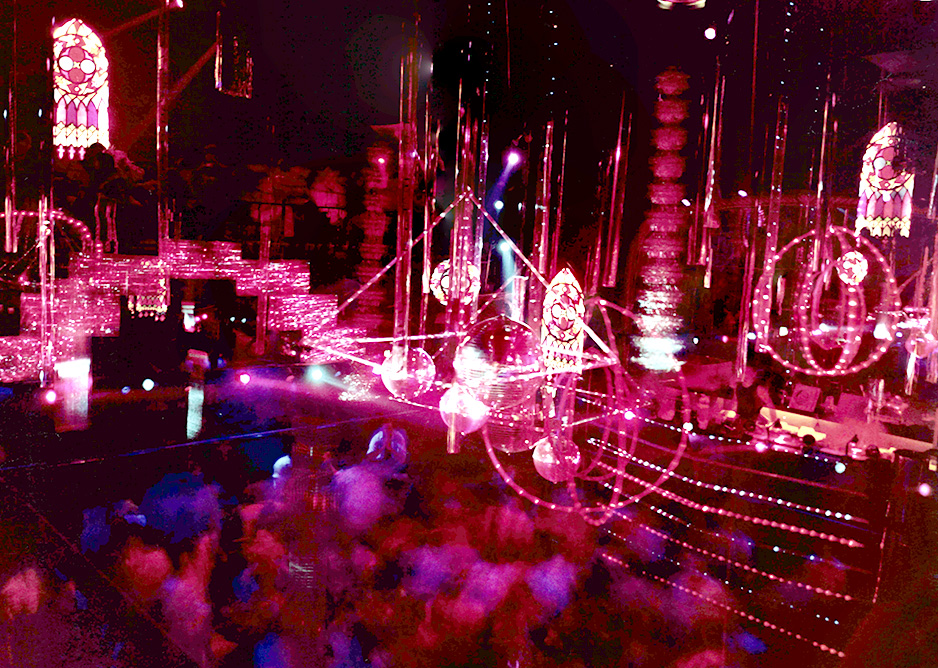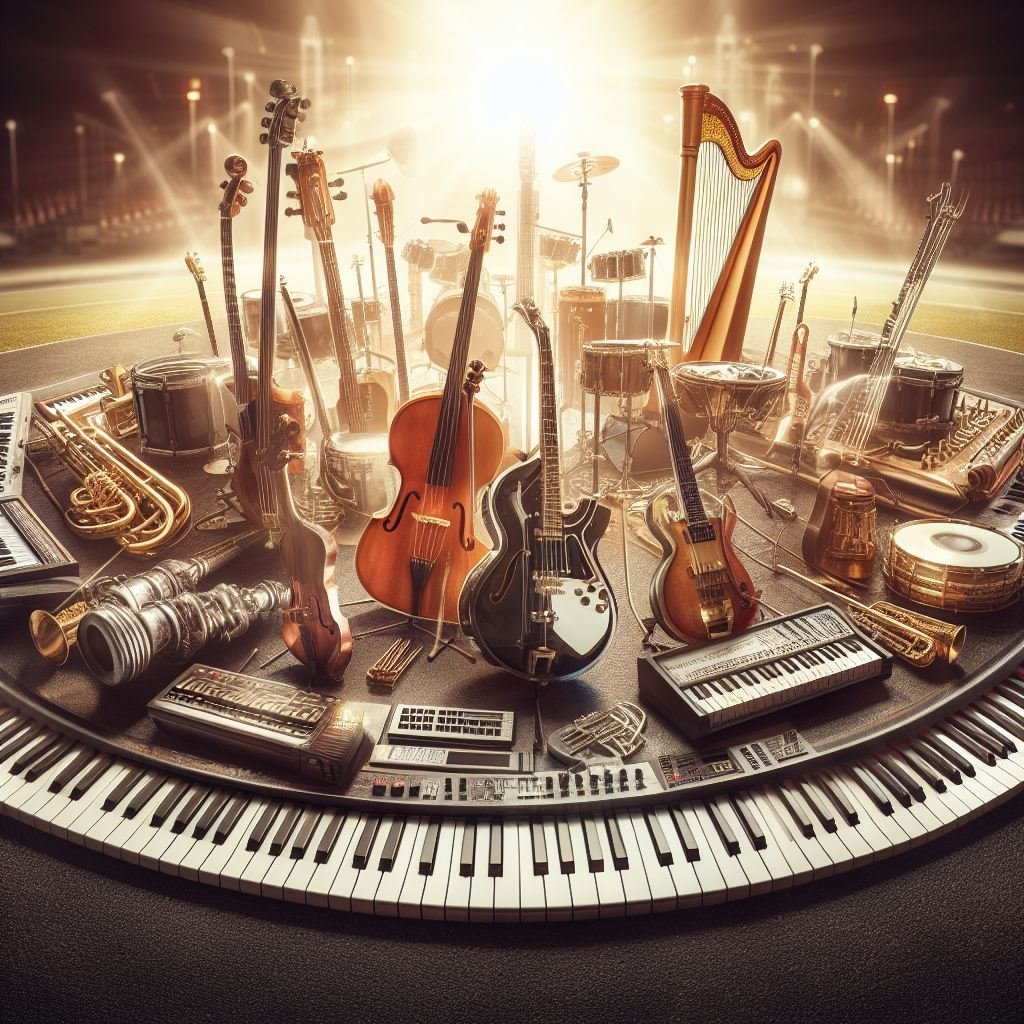Some 325 years after the death of Jesus, representatives from the different feuding Christian factions convened at the Council of Nicaea, debating which religious texts and theory would become “the Bible.” A highly political event, many books and ideas were discarded to align with the personal goals of the various factions. Even to this day, scholars have not definitively determined which among the various versions of the Bible offers the correct interpretation of Jesus’ life. It’s worth noting that Jesus himself was not acquainted with Christianity; it was the religious factions that met at Nicaea that created the Christian faith.

Despite this, as we examine the many renditions that have culminated into what we call the “Christian Bible,” it’s apparent that the Psalms play a central role. What’s particularly fascinating is the many times the Bible encourages people to make a joyful noise and play musical instruments. Science informs us that musical notes are essentially mathematical wave patterns resonating with human receptors and our cognitive processes. In simpler terms, our species possesses an inherent mathematical processor tuned to react to music; music is critical to our faith and very being.
Since the schism between Catholicism and Protestantism initiated by Martin Luther in 1517 at Wittenberg, and long before, humanity composed Psalms. These Psalms are the lyrics and prophecies of our era, songs of love, happiness, unity, and liberty. Passionate pleas for freedom and expressions of love appear most profoundly in the rhythmic hypnotic waves of music. The human auditory system triggers an emotional trance, leading to tears, shouts, dancing, and even goosebumps, all due to the nature of music.
Whether it’s a night spent at the Monastery, The Rectory, or an evening in the 1970s at a place like Galaxy 21, these are the moments when the human spirit truly comes alive. The son of Christ isn’t confined to Sunday mornings, observing parishioners in prayer. Jesus is hanging out on the boogie floor; during nights when lights and phones flicker to the pulsing mathematical rhythms of musical notes, fostering a sense of brotherhood and family. At night, whether you’re in a bar, a club, or a game, there’s a dancing Jesus in the house!

At the Rectory and the original Monastery in 1977, we delve into this vortex of spiritual and communal awakening. People frequently inquire about our services; our offerings resemble the festivals of the 14th century, where people took to the streets, dancing and celebrating. The Catholics had their Carnival, a time of feasting, revelry, dance, embraces, and even, at times, amorous connections. The human tribe, irrespective of its religious affiliations, venerates the human spirit with tambourines and dance, strings and pipes.
The ULC Monastery has a vibrant online community that embodies the tapestry of human behavior. It’s continuous, occasionally contentious, but filled with love, a microcosm of our diverse world. A critical aspect of our online family is the absence of violence, theft, or judgment based on skin color and personal consensual relationships. These matters are personal and are not the business of any church.
As the presiding Chaplain of the Universal Life Church Monastery family, our board of directors, consisting of six individuals, is represented by six independent law firms. Since I was elected Presiding Chaplain in 2006, I have introduced the “Jericho Concept,” leading to approximately nine or ten lawsuits in state and federal courts across the United States. These legal actions aim to challenge unjust laws and symbolically end oppressive regulations, and much like the biblical story of Jericho, the walls of injustice will come crashing down.

